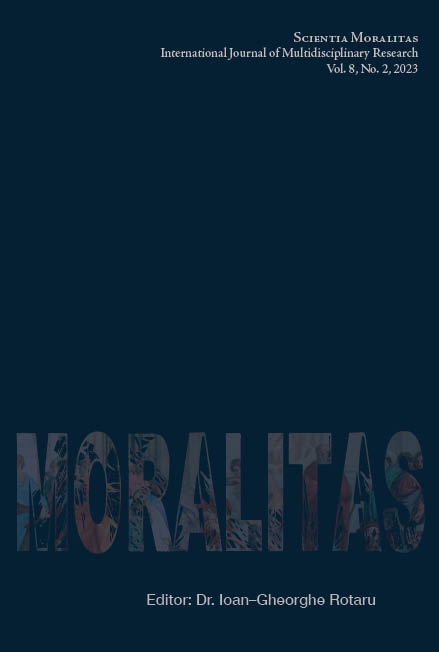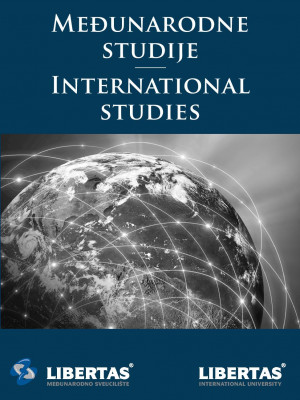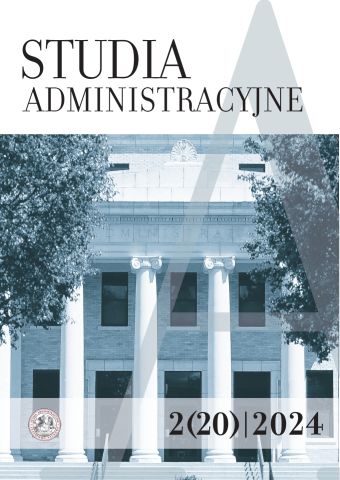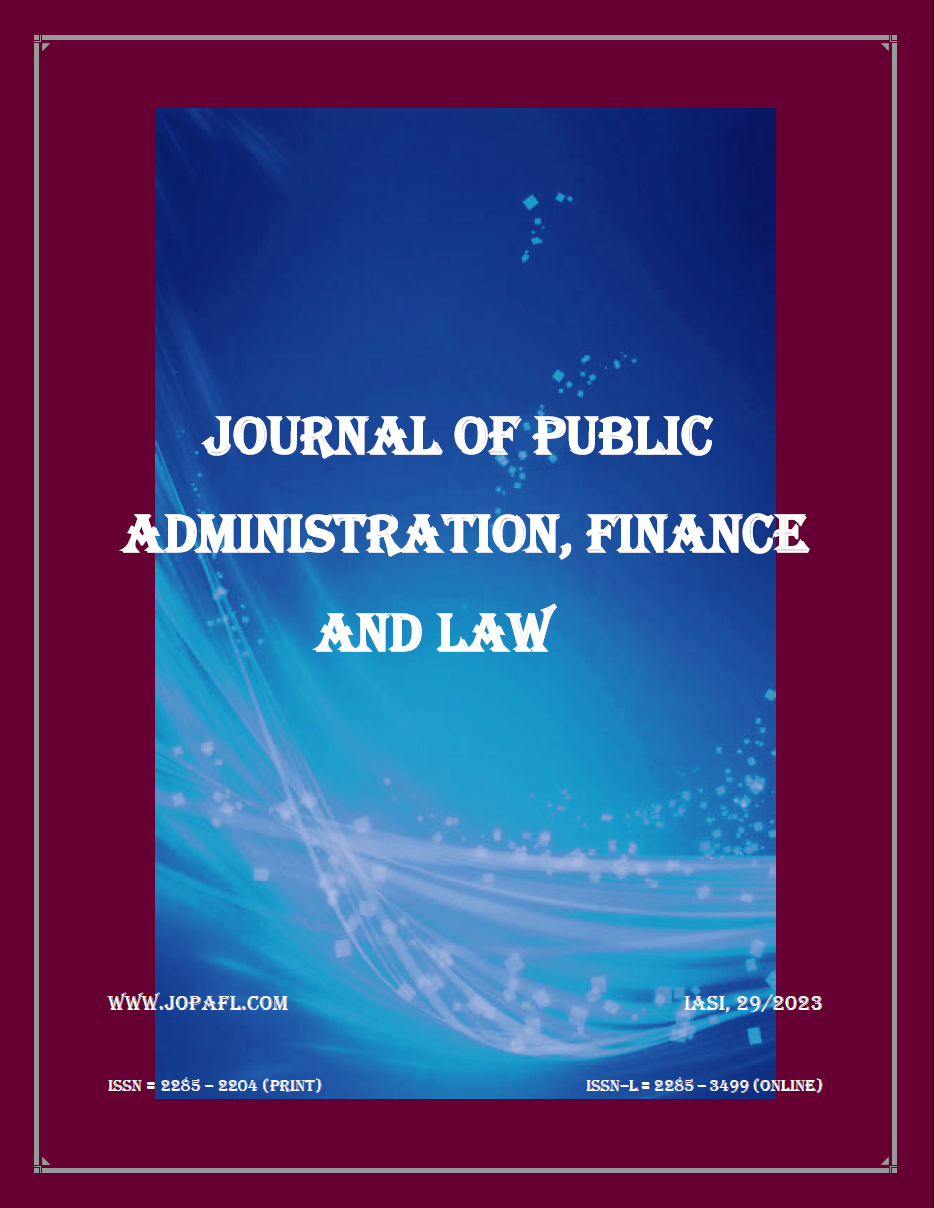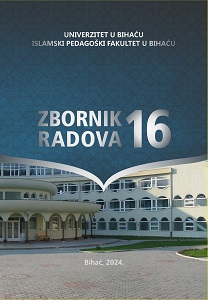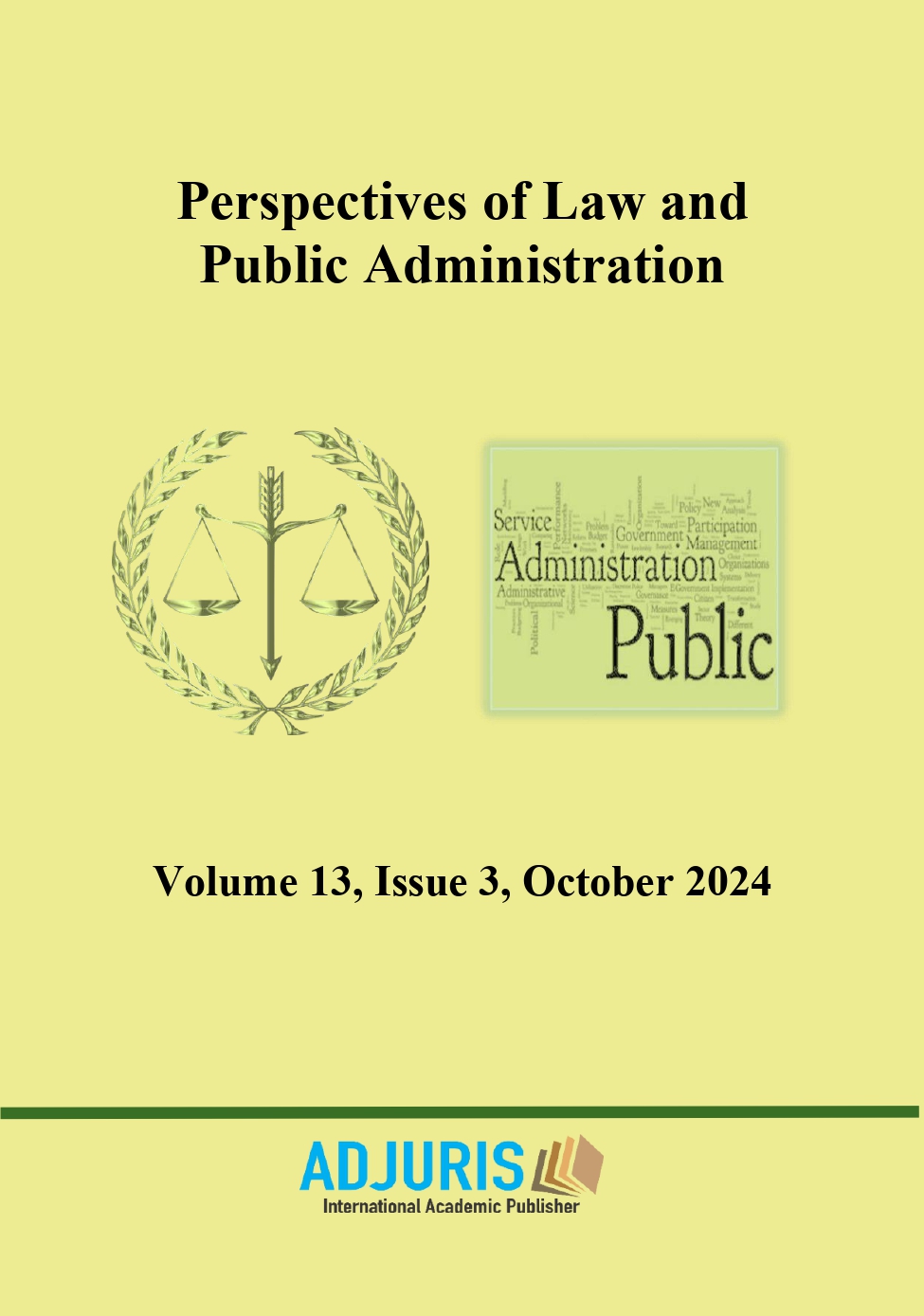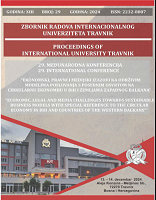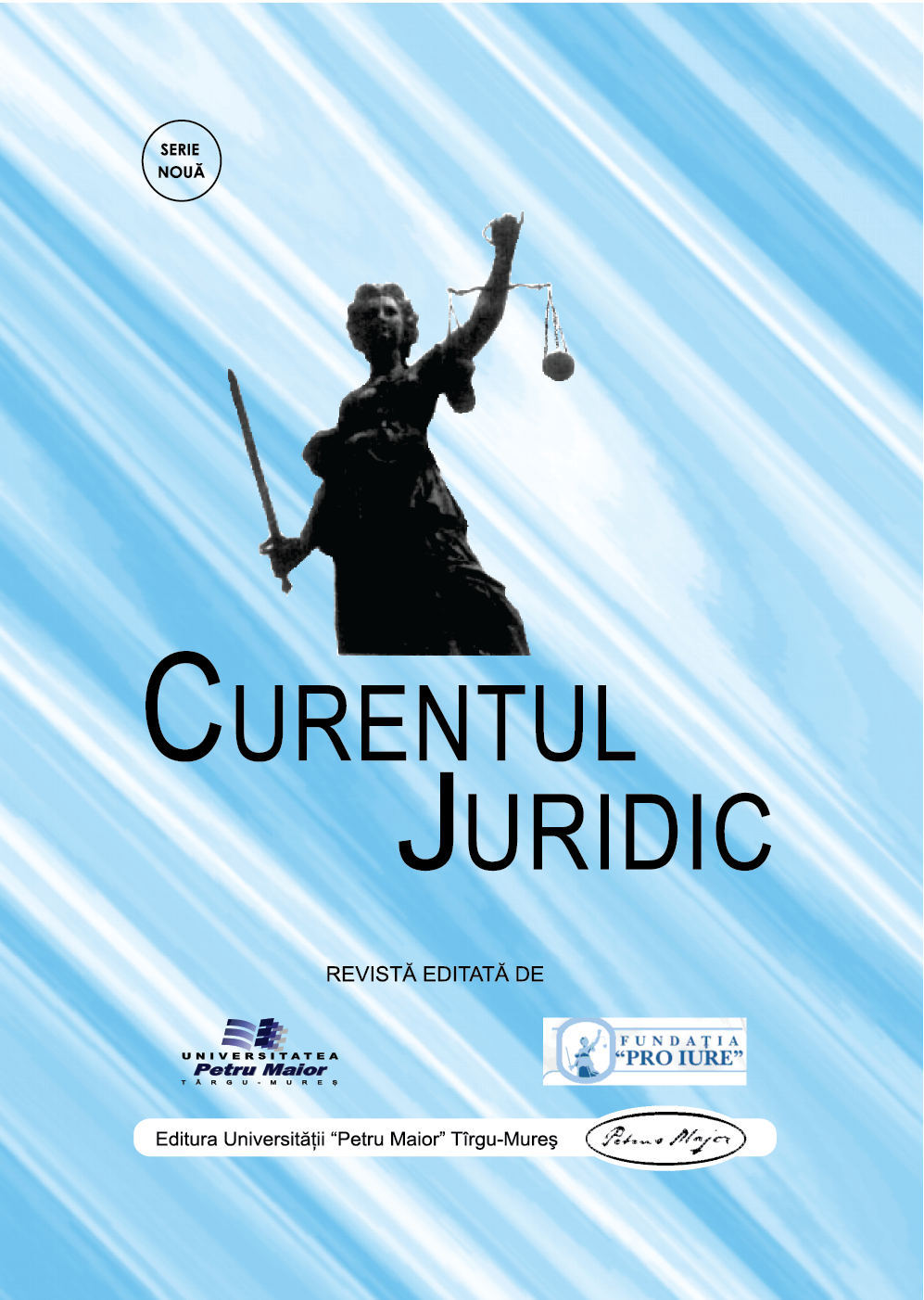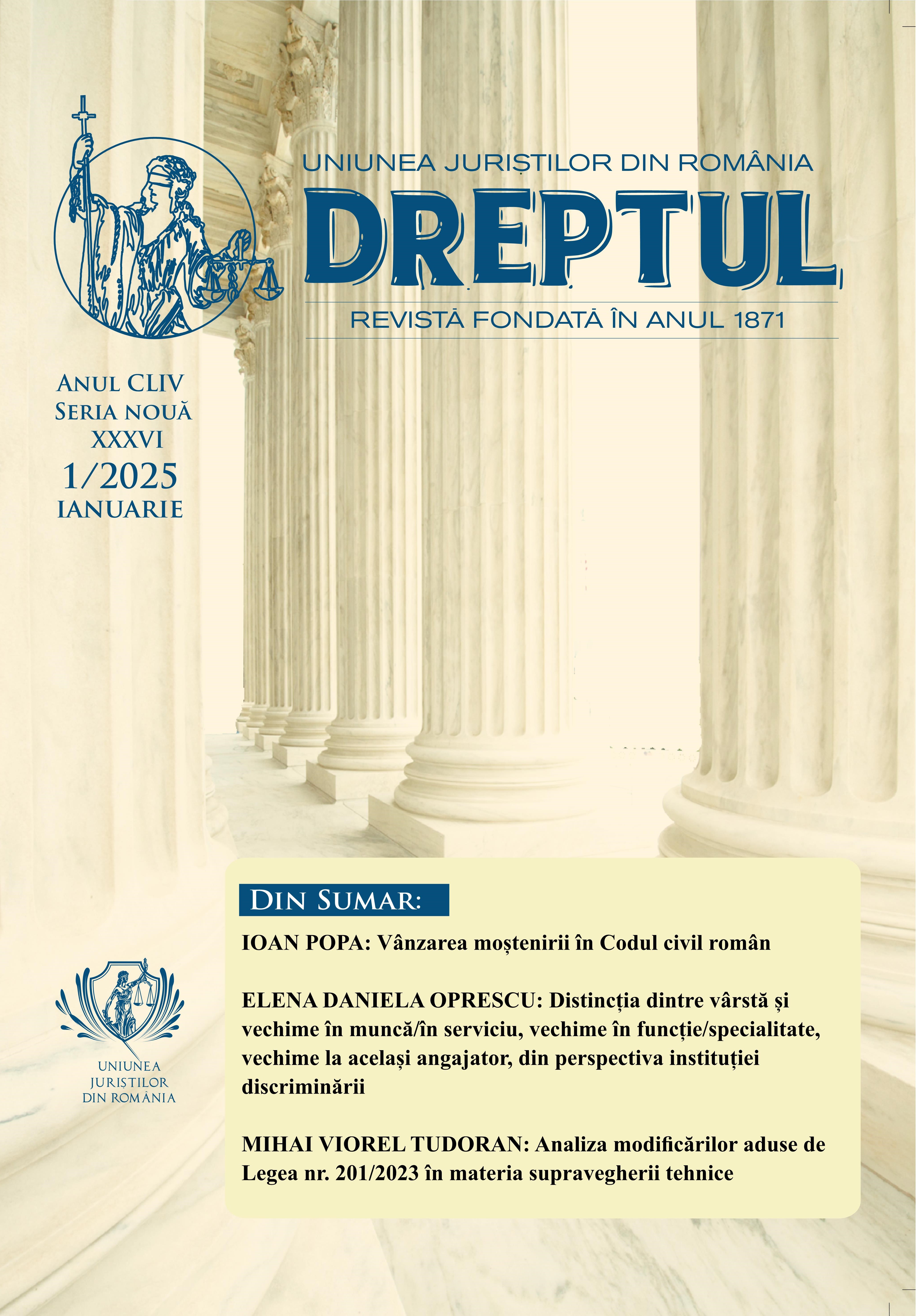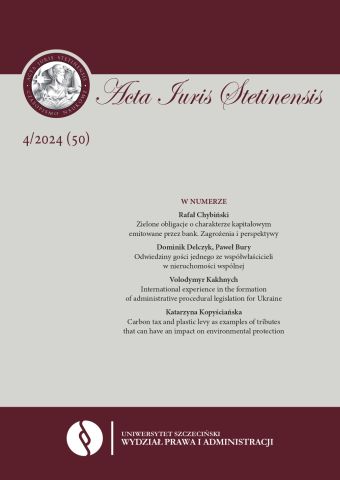Author(s): Oleksandr І. Korentsov / Language(s): Ukrainian
Issue: 166/2024
The relevance of the topic is determined by the insufficient study of the issue concerning the protection of citizens’ rights and freedoms under martial law. The article provides a systematic analysis of the provisions of the Law of Ukraine No. 389-VIII " On the Legal Regime of Martial Law" (hereinafter – Law No. 389-VIII), particularly focusing on the measures under the legal regime of martial law that directly impact the administrative and legal status of citizens during the period of martial law and It examines the application of these measures in the context of their compliance with the norms of the Constitution of Ukraine and international legal instruments ratified by Ukraine, which establish fundamental human and civil rights. The aim of the article is to analyze the impact of legal measures under martial law on the administrative and legal status of citizens during the period of martial law, in the context of their compliance with the norms of the Constitution of Ukraine and international legal instruments. The article explores the factors and conditions that, under the martial law regime, affect citizens; rights and obligations. It is noted that when introducing and implementing martial law measures, it is necessary to take into account not only their presence in the law, but also the ways of their application, and the author concludes that if the introduction and implementation of martial law measures violate or potentially violate fundamental human rights and freedoms, which, according to the Constitution of Ukraine (Article 64, Part 2) and international legal acts, cannot be restricted under any circumstances, then such measures should not be applied. The validity of this conclusion is supported by the fact that most of the measures under the legal regime of martial law, which restrict citizens; rights and may be implemented according to Law No. 389-VIII, have not been applied in Ukraine during the period of martial law. The article emphasizes that Law No. 389-VIII requires substantial amendments, particularly regarding the grounds for its implementation and the introduction of most martial law measures that restrict citizens; rights or impose new obligations on them, which should be excluded from the law, since they cannot be applied without violating the rights and freedoms of a person who, for one reason or another, refuses to comply with them, i.e. they can be implemented only with the consent of the person whose rights are restricted, which is consistent with the provisions of Article 22 of Law No. 389-VIII, according to Part 1 of which "the introduction of martial law cannot serve as a basis for the use of torture, cruel, or degrading treatment or punishment". The study employs both specialized and general scientific methods of inquiry, including the dialectical, historical, formal-logical, systemic analysis, and dogmatic methods.
More...



